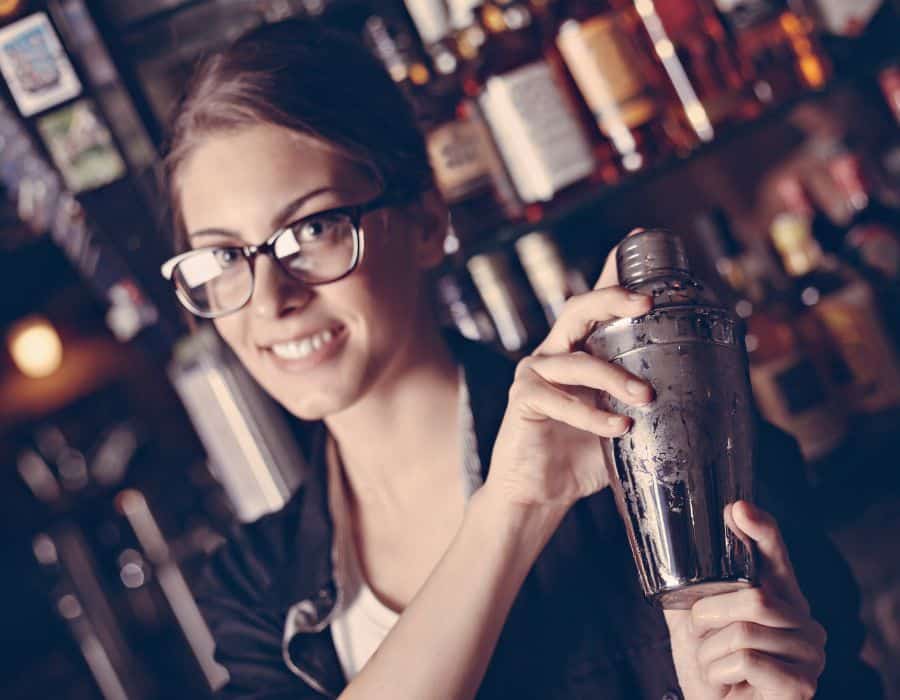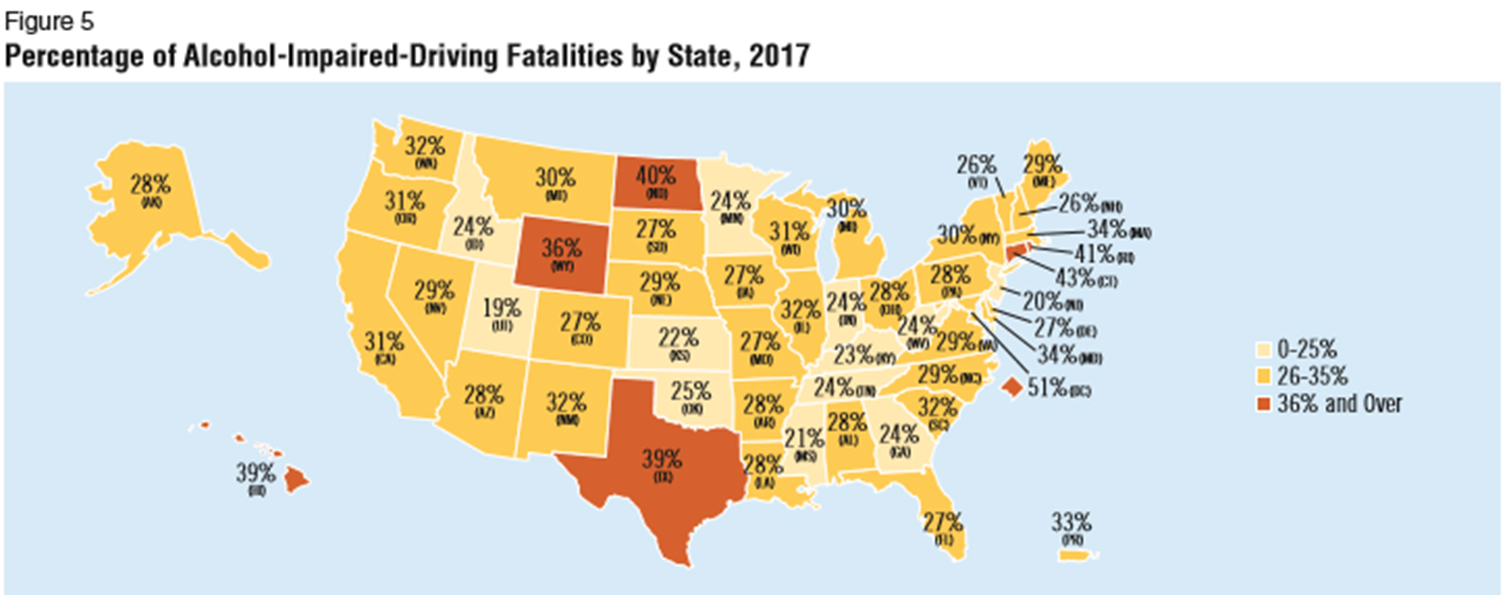Master Liable Alcohol Solution With Comprehensive Qualification Programs
The mastery of accountable alcohol solution is not simply a regulative requirement; it is a basic element that improves the reputation and functional stability of facilities within the hospitality industry. Comprehensive qualification programs use invaluable insights into neighborhood regulations, reliable intervention techniques, and customer engagement approaches. By investing in these training campaigns, companies can cultivate a culture of responsibility among their personnel, mitigating threats and enhancing customer contentment. The path to reliable implementation and its lasting advantages may not be as straightforward as it seems. What obstacles exist in advance for those that look for to elevate their service criteria?

Value of Responsible Alcohol Service
Responsible alcohol service is vital to advertising public health and safety and security in facilities that offer alcoholic drinks. It incorporates a variety of practices created to stop the overconsumption of alcohol, reduce the risk of alcohol-related harm, and make sure a safe setting for patrons and personnel alike. By maintaining liable service standards, facilities can minimize possible events of intoxication, which may lead to mishaps, violence, or other negative end results.
Moreover, accountable alcohol solution enhances the general customer experience. Customers are much more most likely to return to facilities that prioritize their safety and security and health. This commitment cultivates a positive online reputation, urging referral referrals and repeat company. Additionally, establishments that abide by accountable solution practices commonly experience lower insurance costs and lowered lawful obligations.
In addition, applying accountable alcohol solution practices aligns with broader public health efforts focused on reducing chemical abuse and promoting neighborhood wellness. This positive method not only secures private clients yet also adds to a healthier culture. Ultimately, liable alcohol service is not just a legal obligation; it stands for an ethical commitment to the health of consumers and the community at huge.
Trick Elements of Qualification Programs
Qualification programs for responsible alcohol solution normally encompass a number of essential parts made to outfit staff with the necessary abilities and knowledge to offer alcohol safely. Primarily, these programs usually consist of comprehensive training on neighborhood and state alcohol regulations, ensuring that individuals comprehend their lawful obligations and the consequences of stopping working to abide.
An additional essential element is the identification of indicators of intoxication - servsafe food handlers card. Team are trained to identify behavioral signs showing when a patron may be over-served, enabling them to intervene properly
Additionally, effective interaction methods are stressed, showing personnel exactly how to involve with consumers in a fashion that promotes accountable drinking. This consists of training in dispute resolution techniques, enabling team to handle tight spots smoothly and properly.
Additionally, programs often incorporate useful situations and role-playing workouts, supplying participants with real-life examples to practice their skills. Recurring education and resources are important for maintaining knowledge and abilities over time, as policies and ideal methods progress. With each other, these components develop a comprehensive structure that encourages staff to promote a much safer alcohol consumption setting while minimizing obligation for establishments.
Advantages for Team and Establishments
Team and establishments alike reap substantial take advantage of taking part in responsible alcohol service qualification programs. For team, these programs enhance understanding and abilities associated with alcohol service, outfitting them to recognize indications of drunkenness and apply efficient intervention strategies. This training not only fosters a feeling of self-confidence among workers but also promotes a society of safety and security and responsibility in the workplace.
For facilities, purchasing certification programs can bring about minimized liability and fewer occurrences description associated with over-serving. By ensuring that team are trained in responsible service methods, facilities can mitigate threats linked with alcohol-related occurrences, consequently safeguarding their credibility and financial security. Moreover, many jurisdictions supply incentives, such as reduced insurance policy premiums, for licensed establishments.
In addition, applying qualified methods can improve customer satisfaction and loyalty. Patrons are more probable to return to venues that prioritize their safety and security and health. Inevitably, a commitment to responsible alcohol service not just grows a positive atmosphere however likewise enhances the general functional effectiveness of facilities, making it a smart investment for long-lasting success in the friendliness market.
Usual Challenges in Alcohol Service
Guaranteeing efficient alcohol solution is not without its obstacles, even in facilities devoted to liable methods. One considerable obstacle is the demand for personnel to properly analyze clients' alcohol intake degrees. servsafe food handlers card. This calls for a keen understanding of just how different elements, such as food consumption, tolerance, and private differences, affect drunkenness
Additionally, the stress to make the most of sales can contravene responsible solution procedures. Employees may encounter difficulties in declining solution to drunk individuals, particularly in social settings where peer stress and expectations are common.
Another challenge is remaining upgraded with local legislations and regulations pertaining to alcohol solution. Compliance is crucial, yet regular changes in regulations can produce confusion and might lead to unintended infractions.
Training programs may not constantly cover the nuances of real-world situations, leaving team ill-equipped to take care of complex situations. Inconsistent communication in between management and employees relating to expectations for responsible solution can even more exacerbate these concerns.
To navigate these obstacles effectively, facilities must promote an atmosphere of assistance, stressing the importance of responsible solution while providing the required devices and training for personnel to succeed.
Actions to Get Certification
To acquire Responsible Alcohol Service Qualification, candidates commonly start by investigating the discover this particular demands mandated by their regional regulative authorities. These demands might vary significantly relying on the area, so it is necessary to acquaint oneself with the relevant laws and policies.

After choosing a program, candidates need to finish the requisite training, which usually covers subjects such as identifying intoxication, comprehending legal obligations, and implementing techniques for accountable solution. Individuals should look here actively involve with the product, as this understanding is essential for reliable alcohol service.

Following training, candidates typically take an examination to evaluate their understanding of the material. Successful completion of this evaluation causes accreditation.
Final Thought
Finally, grasping responsible alcohol service via extensive certification programs is necessary for promoting security and improving customer experiences within the friendliness market. By furnishing team with the needed expertise and skills, establishments not just minimize risks linked with overconsumption and lawful liabilities yet also cultivate a society of responsibility. This dedication to accountable solution inevitably leads to increased client commitment and functional success, reinforcing the significance of ongoing training and adherence to alcohol service requirements.